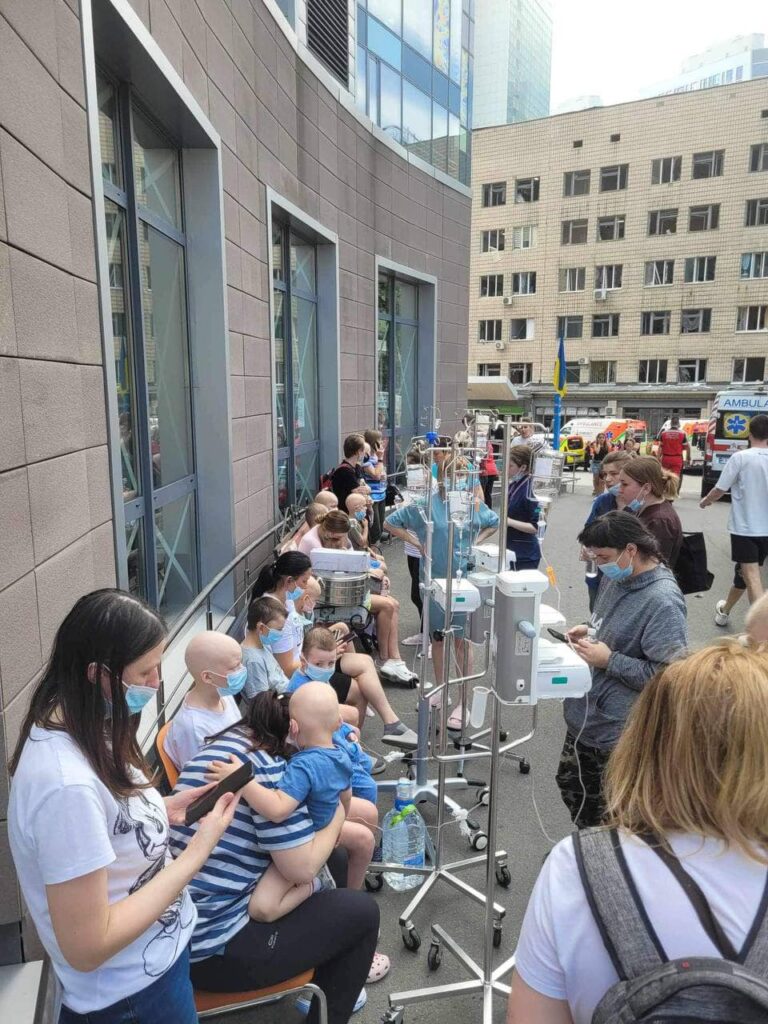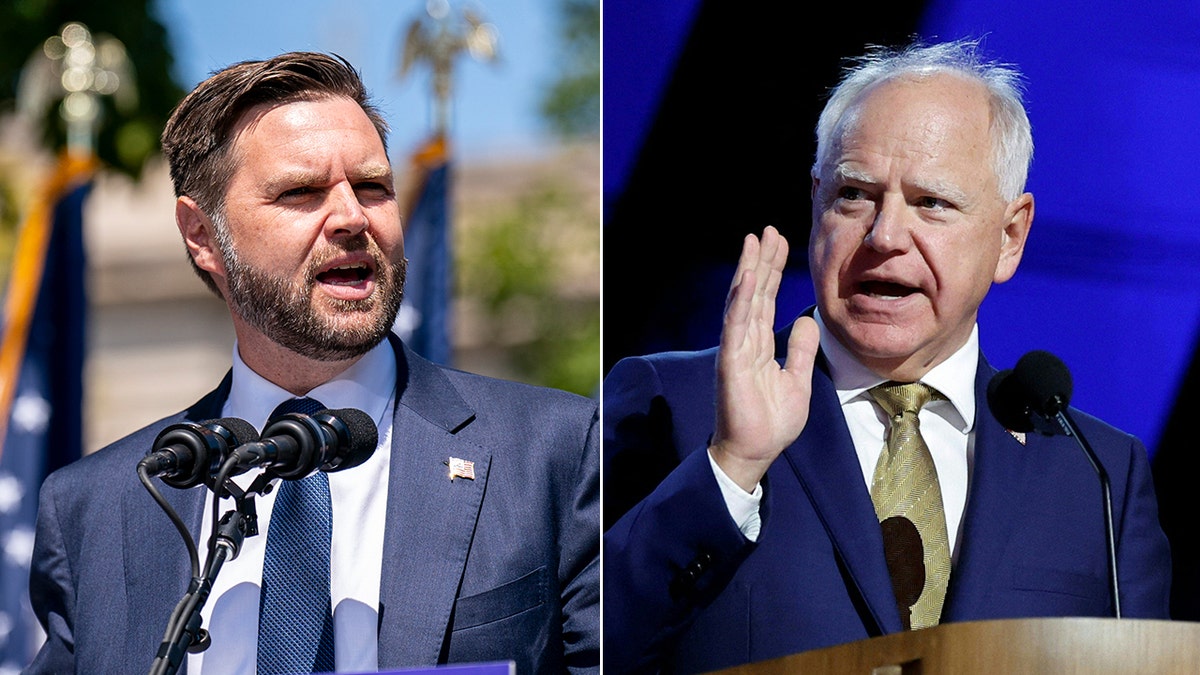UN Security Council meets on Russia blowing up a children’s hospital in Kyiv
UN Secretary-General Antonio Guterres condemns Russia's targeting of medical facilities as the Security Council prepares to address the escalating violence in Ukraine.


The United Nations Security Council is set to convene on 9 July in response to a Russian missile strike that hit Kyiv’s main children’s hospital, Suspilne broadcasts.
The massive Russian missile attack on Kyiv, which occurred on 8 July, was part of a broader assault on Ukrainian cities that resulted in at least 36 civilian casualties, marking the deadliest air campaign in recent months.
UN Secretary-General Antonio Guterres issued a strong condemnation of the Russian attacks through his spokesperson, Stephane Dujarric.
“Directing attacks against civilians and civilian objects is prohibited by international humanitarian law, and any such attacks are unacceptable and must end immediately,” Dujarric said, emphasizing Guterres’ particular shock at the targeting of medical facilities.
A coalition of nations, including Britain, France, Ecuador, Slovenia, and the United States, requested the Security Council meeting, scheduled for the morning of 9 July.
Britain’s UN Ambassador Barbara Woodward announced on X, “We will call out Russia’s cowardly and depraved attack on the hospital last night in the Security Council.”
In response to the allegations, the Russian defense ministry claims its forces targeted defense industry facilities and aviation bases. Moscow has consistently denied intentionally targeting civilians despite evidence of widespread civilian casualties since the invasion began in February 2022.
Read also:
- “Devastating blow to peace”: Zelenskyy criticizes Modi’s Russia visit as it coincides with deadly strike on Ukrainian hospital
- ISW: Russia attempts to deflect responsibility for the Okhmatdyt Children’s Hospital strike
- Russian full-scale war killed 559 Ukrainian children, including four in 8 July attack on Kyiv
You could close this page. Or you could join our community and help us produce more materials like this.
We keep our reporting open and accessible to everyone because we believe in the power of free information. This is why our small, cost-effective team depends on the support of readers like you to bring deliver timely news, quality analysis, and on-the-ground reports about Russia's war against Ukraine and Ukraine's struggle to build a democratic society.
A little bit goes a long way: for as little as the cost of one cup of coffee a month, you can help build bridges between Ukraine and the rest of the world, plus become a co-creator and vote for topics we should cover next. Become a patron or see other ways to support.


